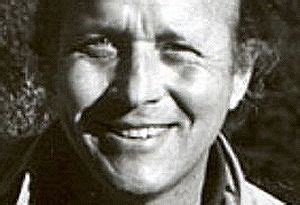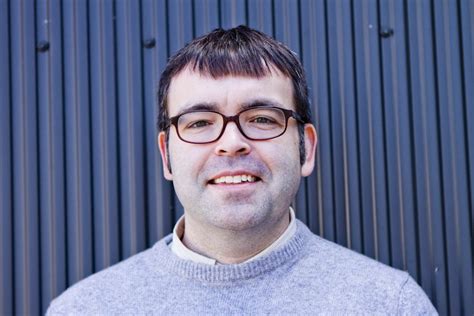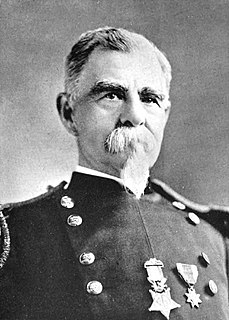A Quote by Ambrose Bierce
Present, n. That part of eternity dividing the domain of disappointment from the realm of hope.
Related Quotes
Past, n. That part of Eternity with some small fraction of which we have a slight and regrettable acquaintance. A moving line called the Present parts it from an imaginary period known as the Future. These two grand divisions of Eternity, of which the one is continually effacing the other, are entirely unlike. The one is dark with sorrow and disappointment, the other bright with prosperity and joy.... Yet the Past is the Future of yesterday, the Future is the Past of to-morrow. They are one-the knowledge and the dream.
When we refuse to work with our disappointment, we break the Precepts: rather than experience the disappointment, we resort to anger, greed, gossip, criticism. Yet it's the moment of being that disappointment which is fruitful; and, if we are not willing to do that, at least we should notice that we are not willing. The moment of disappointment in life is an incomparable gift that we receive many times a day if we're alert. This gift is always present in anyone's life, that moment when 'It's not the way I want it!
The humans live in time but our Enemy destines them to eternity. He therefore, I believe, wants them to attend chiefly to two things, to eternity itself, and to that point of time which they call the Present. For the Present is the point at which time touches eternity. Of the present moment, and of it only, humans have an experience analogous to the experience which our Enemy has of reality of whole; in it alone freedom and actuality are offered to them.
Our imagination so magnifies this present existence, by the power of continual reflection on it, and so attenuates eternity, by not thinking of it at all, that we reduce an eternity to nothingness, and expand a mere nothing to an eternity; and this habit is so inveterately rooted in us that all the force of reason cannot induce us to lay it aside.
And then the spirit brings hope, hope in the strictest Christian sense, hope which is hoping against hope. For an immediate hope exists in every person; it may be more powerfully alive in one person than in another; but in death every hope of this kind dies and turns into hopelessness. Into this night of hopelessness (it is death that we are describing) comes the life-giving spirit and brings hope, the hope of eternity. It is against hope, for there was no longer any hope for that merely natural hope; this hope is therefore a hope contrary to hope.
There are only two stimulants to one's best efforts-the fear of punishment, and the hope of reward. When neither is present, one can hardly hope that salespeople will want to be trained or want to do a good job. When disappointment is not expressed that one hasn't done a better job, or when credit is withheld when one has done a good job, there is absolutely no incentive to put forth the best effort.
That praises are without reason lavished on the dead, and that the honours due only to are paid to antiquity, is a complaint likely to be always continued by those who, being able to add nothing to truth, hope for eminence from the heresies of paradox; or those who, being forced by disappointment upon consolatory expedients, are willing to hope from posterity what the present age refuses, and flatter themselves that the regard which is yet denied by envy will be at last bestowed by time.
































